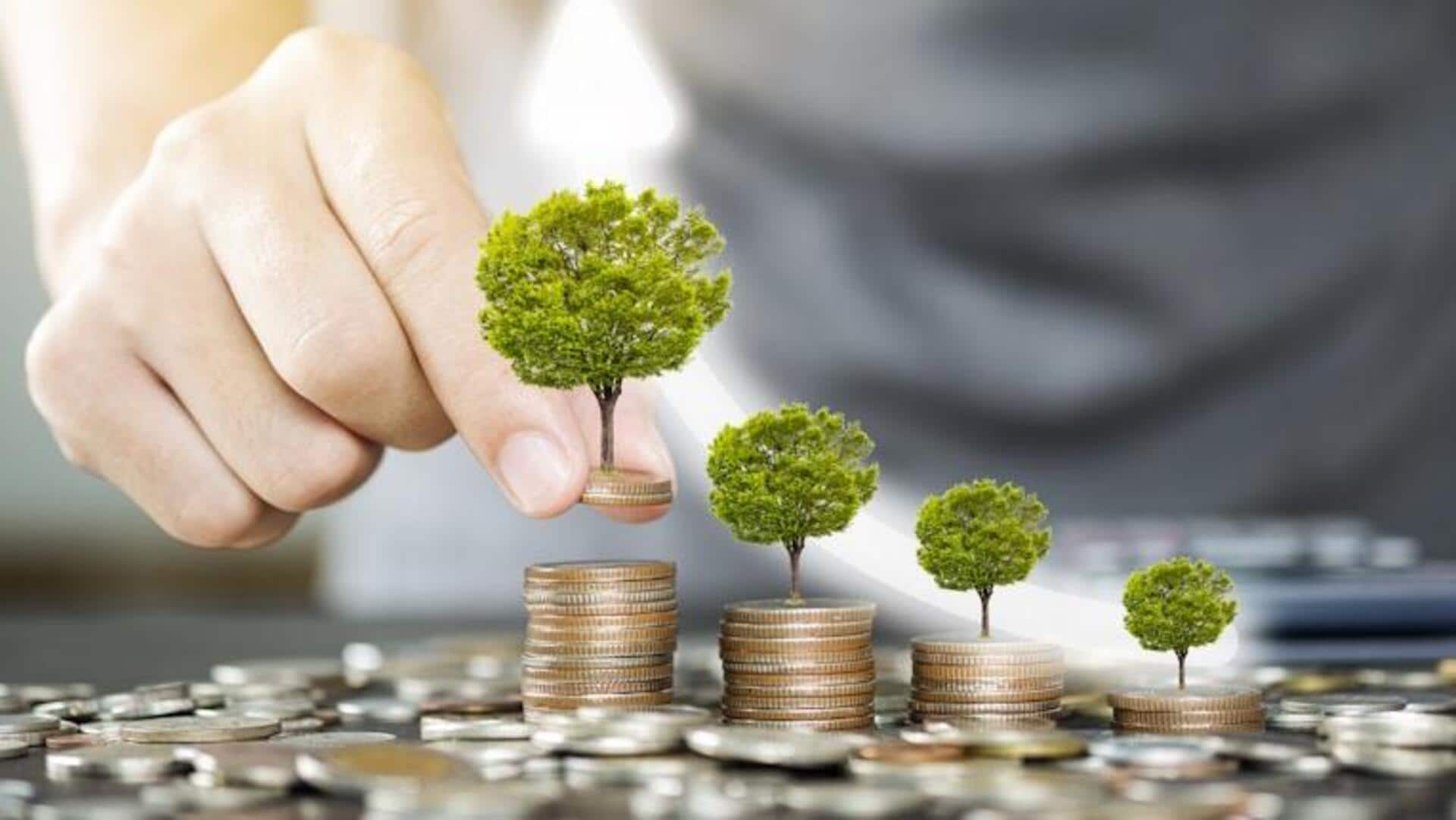
Planning to invest in green deposits? Key things to know
What's the story
In April 2023, the Reserve Bank of India (RBI) laid out specific rules for banks and Non-Banking Financial Companies (NBFCs) to accept "green deposits."
These funds were designated for financing initiatives like renewable energy, eco-friendly transport, and sustainable buildings. The guidelines took effect from June 1, 2023.
If you are planning to invest in green deposits, here's all you need to know.
Insights
What are green deposits?
A green deposit is a fixed-term deposit for investors looking to invest their surplus cash reserves in environmentally friendly projects. It is similar to fixed deposits.
This new offering reflects a growing recognition of ESG (Environmental, Social, and Governance) factors and the trend toward sustainable investments.
Big banks like HSBC and HDFC have already launched these green deposits in India for corporates as well as individuals.
Insights
Key features of green deposits
Green deposits provide guaranteed returns and have a range of tenure options available, spanning from 18 months to 10 years.
Premature withdrawal is allowed under certain conditions, and deposits up to Rs. 5 lakh are insured.
Investors can choose several types of green deposits, including fixed deposits (FDs), savings deposits, recurring deposits, and certificates of deposits.
Each of these deposits offers different features and benefits.
Insights
Interest rates on green deposits
While the interest rate for FDs is up to the bank, some lenders offer slightly higher interest on green deposit schemes.
As of now, only a few banks are offering green deposits for individuals and corporations.
AU Small Finance Bank on October 25, launched its 'Planet First - AU Green Fixed Deposit' with an interest rate of up to 8.50%.
For reference, most maks offer interest on regular FDs somewhere between 3-7%.
Insights
Why should you invest in green deposits?
Green deposits offer more than just financial returns. They are about being part of something bigger—supporting projects that make a real and positive impact on the environment.
Moreover, they provide a chance to diversify your portfolio, while embracing environmental, social, and corporate governance principles.
The appeal lies in the intrinsic satisfaction of knowing that your investments are for a good cause, aligning with personal values of environmental conservation and ethical responsibility.
Details
How is your money managed in green deposits?
Banks and NBFCs raise money from investors via green deposits and then finance companies involved in green projects with those proceeds.
As per RBI guidelines, they are allowed to temporarily park these funds in liquid instruments for a maximum duration of up to one year. After that, they have to channel the funds into green activities or projects.
However, there's no explicit penalty for not allocating these funds to green initiatives, but it's subject to supervisory review.
Details
Are premature withdrawals allowed?
Banks are required to pay interest on green deposits to investors.
There is no restriction on premature withdrawal of green deposits. However, there are certain guidelines that banks and NBFCs must adhere to.
Investors can withdraw these deposits prematurely without any restrictions.
Importantly, withdrawing early won't impact the projects funded by these deposits.